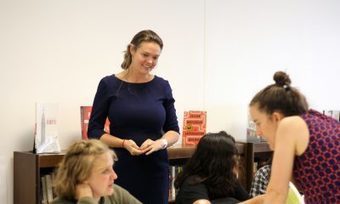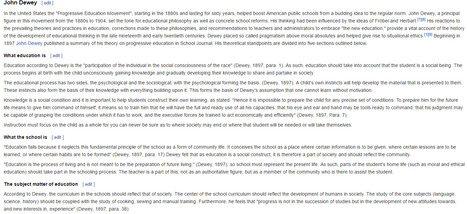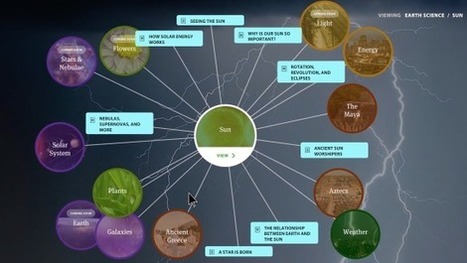"A glimpse into America’s future labor market suggests a boom in health care jobs, soaring employment in clean energy and a continued decline in manufacturing positions.
"Those are among the key takeaways from 10-year employment projections released last week by the Bureau of Labor Statistics (BLS). The findings offer more evidence of widening socioeconomic inequality, the migration of jobs to the service sector and a drop in the number of middle-class jobs for workers with only a high school diploma.
"This unfolding economic shift is challenging educators to shape curricula that will prepare students for positions requiring an elusive combination of soft skills — the ability to solve problems, communicate effectively and work with others — along with technical capacities.
“The skill requirements in jobs have increased remarkably in their depth and breadth,” said Anthony P. Carnevale, research professor and director of the Georgetown University Center on Education and the Workforce. “The pace of change is outrunning the ability of educators to provide those skills and to qualify people for entry-level jobs.”
Learn more / En savoir plus / Mehr erfahren:
Via Jim Lerman, Ivon Prefontaine, PhD



 Your new post is loading...
Your new post is loading...











A glimpse into America’s future labor market suggests a boom in health care jobs, soaring employment in clean energy and a continued decline in manufacturing positions.
"Those are among the key takeaways from 10-year employment projections released last week by the Bureau of Labor Statistics (BLS). The findings offer more evidence of widening socioeconomic inequality, the migration of jobs to the service sector and a drop in the number of middle-class jobs for workers with only a high school diploma.
"This unfolding economic shift is challenging educators to shape curricula that will prepare students for positions requiring an elusive combination of soft skills — the ability to solve problems, communicate effectively and work with others — along with technical capacities.
“The skill requirements in jobs have increased remarkably in their depth and breadth,” said Anthony P. Carnevale, research professor and director of the Georgetown University Center on Education and the Workforce. “The pace of change is outrunning the ability of educators to provide those skills and to qualify people for entry-level jobs.”
Learn more / En savoir plus / Mehr erfahren:
https://gustmees.wordpress.com/2015/07/19/learning-path-for-professional-21st-century-learning-by-ict-practice/
https://gustmees.wordpress.com/2017/09/27/the-change-trend-in-education-to-make-educators-teachers-more-professional/